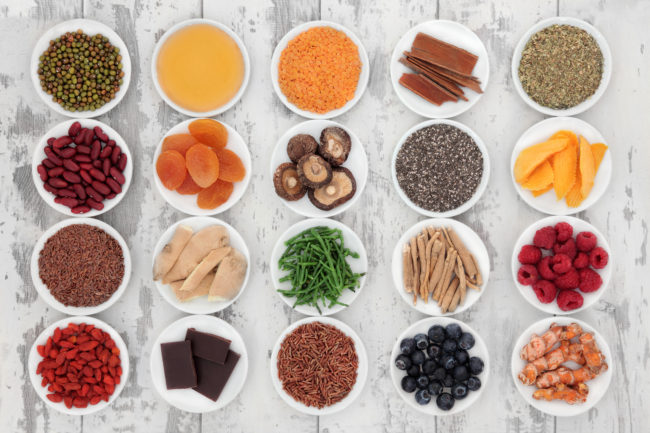You are What You Eat!
When an addicted individual seeks treatment, addiction treatment providers check immediately to see whether a drug or alcohol detox process is necessary. Properly licensed treatment facilities may perform the detox themselves or refer that client out to another facility where drugs are removed from the individual’s system. Given what we have come to know about the importance of diet and nutrition on mood and overall function, when might a nutritional intervention become as necessary as a drug detox?
Morbidity and mortality from under-nutrition have been addressed on a large scale by the First Lady, Michelle Obama. Public-school cafeteria lunches have changed to incorporate more healthy foods and more healthy portions. Food sellers and manufacturers have jumped on the “organic,” “low-fat” and “low-carb” bandwagons in recent years. But how is the recovery community dealing with food-related epidemics that could be hindering the recovery process?
For many many years, rehab centers had been focused on needs that seem more immediate than nutritional concerns. Facilities had been stocked with sugar-based snacks and coffee, both of which have been implicated in worsening certain symptoms in early recovery like sleeplessness, weight gain, anxiety, and more. As a result, some facilities have started including better nutritional products in their snack rooms and and have advised clients of the potential harms of refined sugar and caffeine. Few have taken the next important step, which is to offer educational classes on nutrition and nutritional counseling.
“While some maintain that living a healthy life in all arenas is crucial to staying sober, others believe that all the fuss about coffee, junk food, and cigarettes is overblown,” says an article for thefix.com. This idea has been met with plenty of support as well as well as dissent. Those who disagree feel that sobriety is about health in all areas of life and research seems to support the idea that better nutrition leads to better outcomes. On the other hand, supporters feel like it’s okay to quit their vices one at a time. Some have also stated that quitting too many things at once could be damaging to the health of an individual in recovery.
While the answers regarding nutritional intervention seem to straddle both sides of the argument, it’s important to note that many treatment facilities serve not only to provide treatment for single addiction, but also for other mental health concerns. In order to help clients balance out their moods and smooth out the recovery process in general, attention needs to be paid to nutrition. Also, given that a client’s needs are being seen in a more “holistic” light these days, it behooves treatment centers to begin thinking about how to address clients’ total physical needs and perhaps even include a nutrition plan within each client’s larger discharge plan.
For now, here are some alternative food choices that might help to boost the body’s internal defenses, regulate a troubled digestive system, and and create a better recovery experience overall:
1.) Fruits: These will give you your necessary sugar energy without causing problems like weak bones, fatigue, weight gain, and lack of concentration. Skip the fruit flavored candy and reach for a real fruit!
2.) Vegetables: Vegetables like kimchi, sauerkraut, carrots, green beans, beets, lacto-fermented pickles, traditional cured Greek olives are considered to help regulate gut bacteria. Leafy green vegetables like kale and spinach can also help your digestive tract while alsohelping to regulate blood sugar.
3.) Protein is a long-lasting source of energy, which is why it’s great to include it in your breakfast in the form of eggs or certain meats. It also improves muscle strength, digestion and may also improve liver function. Legumes are a popular source of protein as well. Chickpeas, cannelloni beans, kidney beans, and lentils can help to regulate blood sugar in addition to providing many of the benefits of traditional meats.
4.) Healthy Fats: Omega-3 fatty acids and olive oil are examples of healthy fats that help you to better absorb the nutrients mentioned in #1-#3 above! What’s especially great about these fats is that they also help to heal your cells.
If you’re interested in trying some delicious recipes to support recovery, check out Joan Borsten’s recipe book, Dopamine for Dinner. And, remember to consult your doctor before you try out any new nutritional plan.
Happy eating and happy recovery to all!





